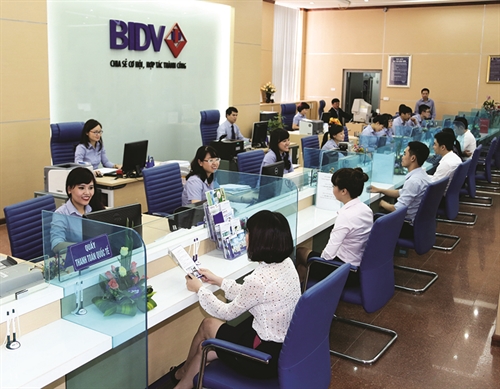The State Bank of Vietnam (SBV) has proposed stricter regulations on opening and use of e-wallets in a draft circular revising Circular 39 of 2014 on intermediary payment services, with the aim of preventing the abuse of the e-wallet business for money laundering and other illegal purposes.
As per the draft, the total value of e-wallet transactions, including transfer of money from an e-wallet to another and payment for lawful goods and services, conducted by a person must not exceed VND 20 million (USD 850) per day and VND 100 million (USD 4,250) per month. The respective transaction limits for organizations would be VND 100 million and VND 500 million (USD 21,250).
In order to open an e-wallet, an individual or organization would be required to provide sufficient information and papers such as valid identity card or passport, birth certificate (for Vietnamese citizens aged under 14 years), entry visa or visa exemption certificate (for foreigners), or establishment decision, business registration certificate or investment certificate (for organizations).
To use an e-wallet, the user must link it with a payment account or a debit card registered under its/his/her own name at a Vietnam-based bank. The user may recharge its/his/her e-wallet via such payment account or debit card or through the receipt of money from other e-wallets opened at the same service provider.
Under the draft, e-wallet service providers may not open more than one e-wallet for one customer. They would also be disallowed to grant credit to e-wallet users, pay interests on e-wallet balance, and conduct any other activities that may increase the balance of e-wallets.
Besides, e-wallet service providers are required to design instruments to ensure the State Bank’s supervision of e-wallet service provision, enabling the control of the total number of e-wallets, the total balance of all e-wallets at the beginning of the trading day and at the time of access. Monthly, e-wallet service providers must submit to the State Bank a list of 100 e-wallets with the highest number of transactions and 100 e-wallets with the highest transaction value.- (VLLF)









